TikTok; The future of social commerce is at your fingertips…
If you’ve come across this page, chances are you are just starting out your B2B/B2C journey.
In short, B2B fulfilment is an abbreviation for ‘Business to Business’, while B2C is an abbreviation for ‘Business to Consumer’, although this is also sometimes called DTC or D2C (Direct to Consumer)
Both terms are commonly used across many sectors and markets, such as things like eCommerce, retail, service based industries, etc.
However we will be discussing B2B and B2C in the context of eCommerce and retail.

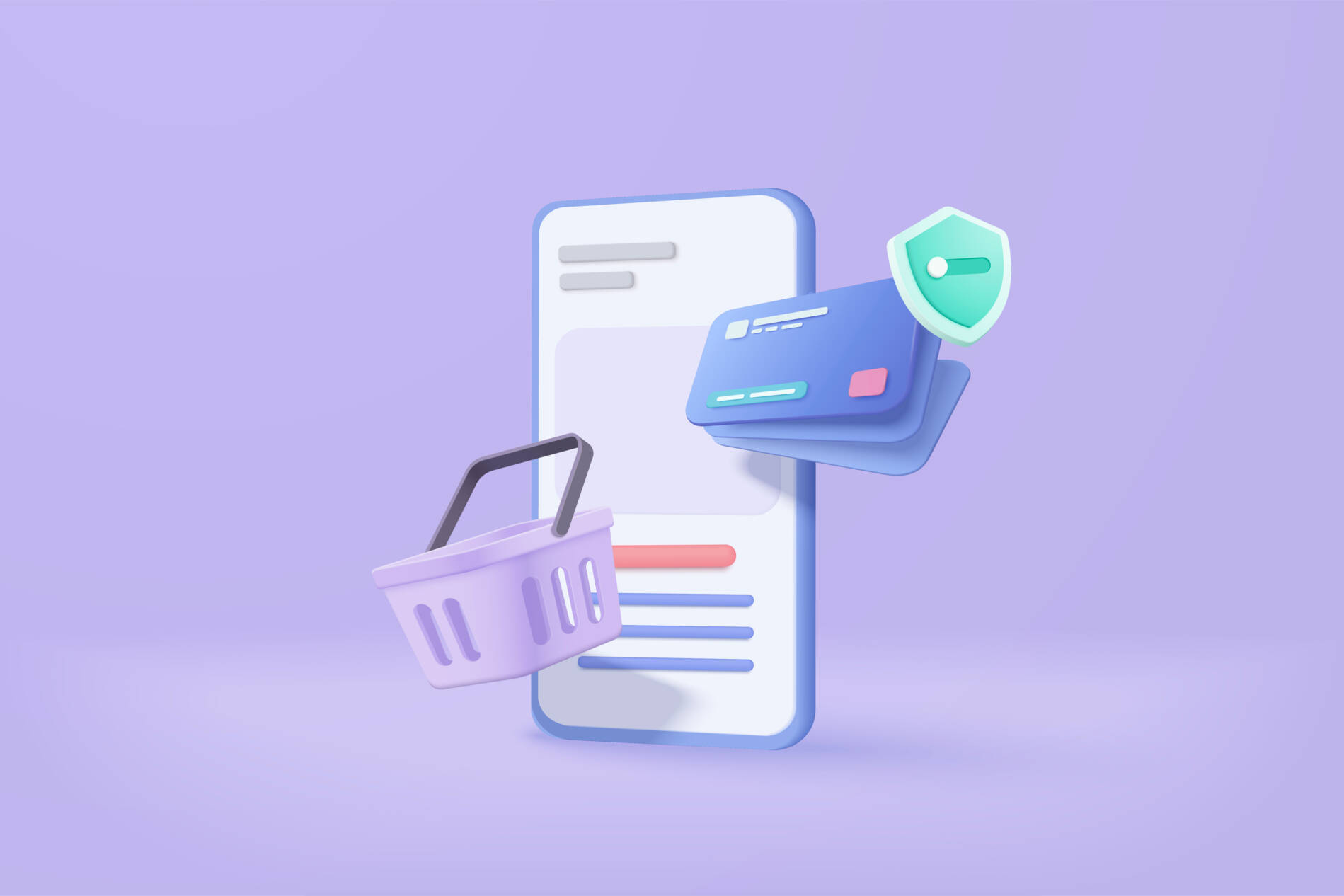
Exploring the B2B and B2C industry
The B2B market in the UK is huge for eCommerce businesses, especially since there are over 580,000 eCommerce businesses currently.
In 2021 was valued at $371 bn (USD) in 2021, and is projected to reach a whopping $2364 bn (USD) by 2030, with a projected CAGR of 22.9%.
Meanwhile, the B2C market currently amounts to an impressive $312.4 bn (USD), with a projected growth rate of 6.73% between 2023-2027, taking the market to an impressive value of $405.5 bn (USD)
These figures demonstrate the abundance of opportunity available to both well established and new eCommerce businesses in the UK…
What is Kitting and Assembly?
Kitting and assembly is a fulfilment service that is offered by most 3PL companies. It is a process that involves compiling, or assembling different parts and components together to create one final product, bundle, or kit. It is worth noting that this then becomes one singular SKU rather than multiple.
Kitting and assembly gives you the chance to offer customised bundles, kits, and products, meaning that you can drive more sales through discounts, promotions, etc.
B2B vs B2C…
TikTok; The future of social commerce is at your fingertips…
In the context of eCommerce, B2B and B2C are similar in the sense that both involve a process whereby a business is selling product to a business (such as a retailer) or customer, but they are fundamentally different.
B2C is simple.
After a customer places their order, the order is then shipped directly to the customer and journey then ends there. However, B2B involves the process of shipping your products in bulk to another business (such as a retailer), where they will then sell your products in their store and take a portion of the money generated via in-store sales. So, with B2B the journey doesn’t just end once the products are shipped, since they have a chance to be purchased by customers in-store rather than just online through your eCommerce store/website.


Exploring B2C In Detail…
Compared to B2B, B2C is pretty easy to get a grasp on. The sale journey is much shorter. Transactions and sales are much simpler in B2C since you don’t need to consider things like profit margins with the retailer, or the cost involved to actually ship and sell your products in bulk with the retailer.
Integrations are much easier to set up and handle, and things such as negotiations are not required during the B2C process.
With that being said, B2C comes with its own set of challenges. Lets explore this below…
What is Kitting and Assembly?
Kitting and assembly is a fulfilment service that is offered by most 3PL companies. It is a process that involves compiling, or assembling different parts and components together to create one final product, bundle, or kit. It is worth noting that this then becomes one singular SKU rather than multiple.
Kitting and assembly gives you the chance to offer customised bundles, kits, and products, meaning that you can drive more sales through discounts, promotions, etc.
An Overview of B2C Challenges…
TikTok; The future of social commerce is at your fingertips…
If you just do B2B, your customer base is likely to be a lot smaller than a B2C customer base. So, when you have a vast B2C customer base, you will have a lot more addresses to ship to, compared to B2B.
Not only this, but having a vast B2C customer base means there are many different areas you need to take into consideration when it comes to customer appeal. The fulfilment side of B2C also has challenges too.
It can be quite costly to ship to a wide range of customers, regardless of whether or not you are shipping domestically or internationally (which is of course even more expensive!)
B2C companies tend to have more SKUs required for storage and distribution, as well as customer enquiries, returns, etc. So, while B2C is much simpler, it does hold its own challenges.
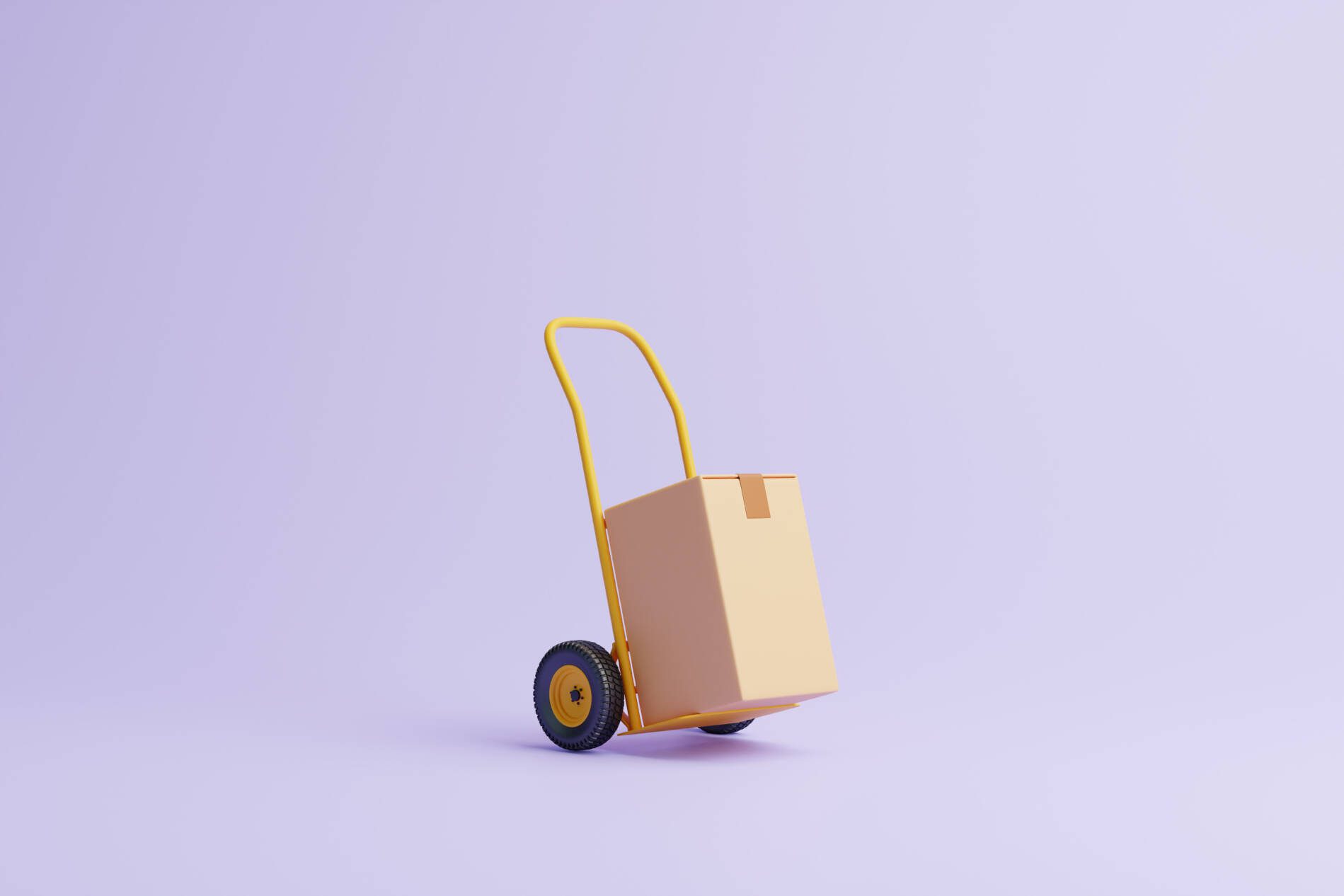
Exploring the different types of B2B…
TikTok; The future of social commerce is at your fingertips…
B2B is divided into 3 different types, already highlighting the complexity of B2B. However, that doesn’t mean its something to avoid because B2B offers an abundance of opportunity for eCommerce brands looking to enter the physical market while also benefiting from the online market. Lets explore the different types of B2B…

Homeware; Exploring the growing market…
B2B and B2C; What is it?
If you’ve come across this page, chances are you are just starting out your B2B/B2C journey.
In short, B2B fulfilment is an abbreviation for ‘Business to Business’, while B2C is an abbreviation for ‘Business to Consumer’, although this is also sometimes called DTC (Direct to Consumer)
Both terms are commonly used across many sectors and markets, such as things like eCommerce, retail, service based industries, etc.
However we will be discussing B2B and B2C in the context of eCommerce and retail.

Homeware; Exploring the growing market…
Exploring the B2B and B2C Industry
The B2B market in the UK is huge for eCommerce businesses, especially since there are over 580,000 eCommerce businesses currently.
In 2021 was valued at $371 bn (USD) in 2021, and is projected to reach a whopping $2364 bn (USD) by 2030, with a projected CAGR of 22.9%.
Meanwhile, the B2C market currently amounts to an impressive $312.4 bn (USD), with a projected growth rate of 6.73% between 2023-2027, taking the market to an impressive value of $405.5 bn (USD)
These figures demonstrate the abundance of opportunity available to both well established and new eCommerce businesses in the UK…
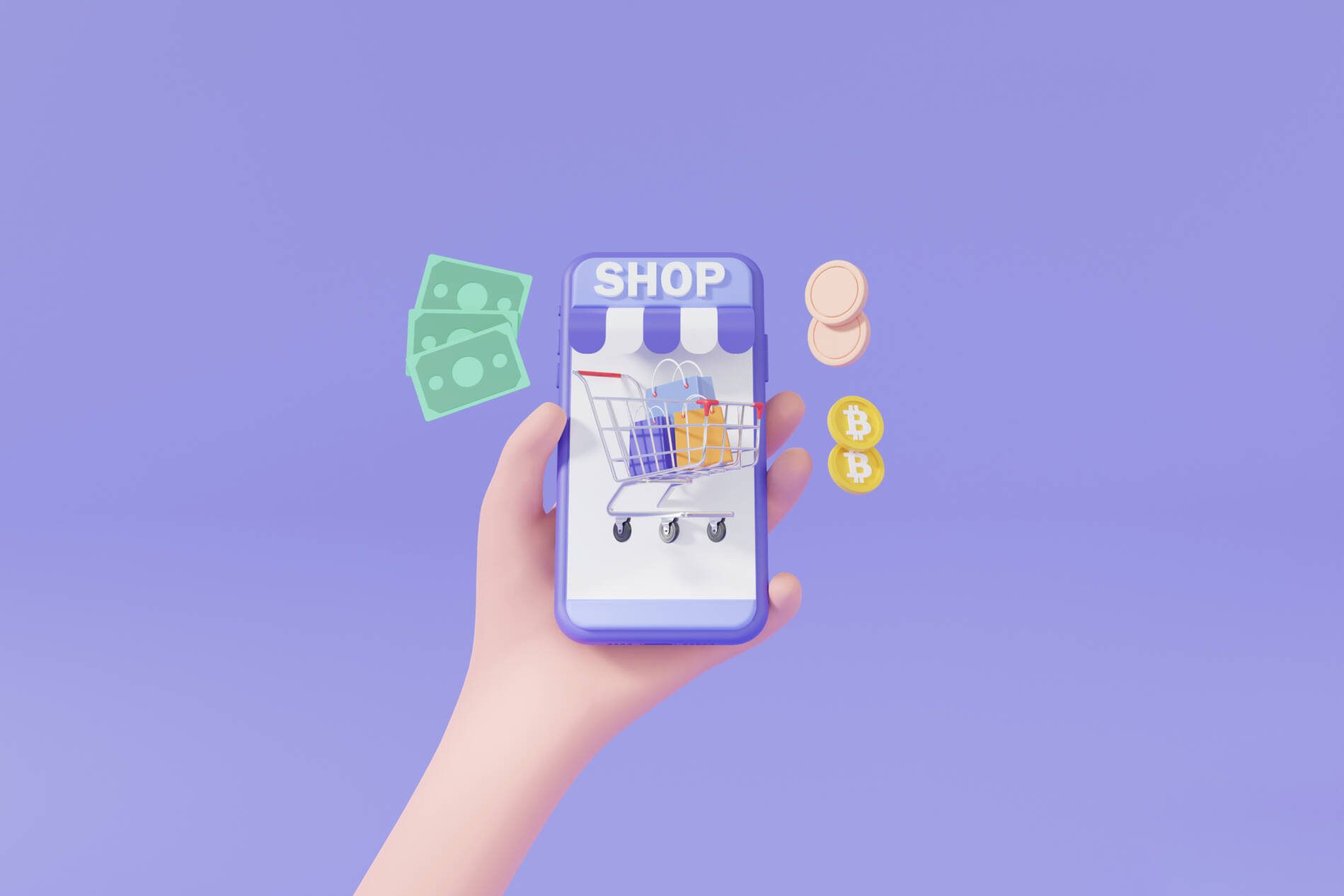
Homeware; Exploring the growing market…
B2B vs B2C…
In the context of eCommerce, B2B and B2C are similar in the sense that both involve a process whereby a business is selling product to a business (such as a retailer) or customer, but they are fundamentally different.
B2C is simple.
After a customer places their order, the order is then shipped directly to the customer and journey then ends there. However, B2B involves the process of shipping your products in bulk to another business (such as a retailer), where they will then sell your products in their store and take a portion of the money generated via in-store sales. So, with B2B the journey doesn’t just end once the products are shipped, since they have a chance to be purchased by customers in-store rather than just online through your eCommerce store/website.
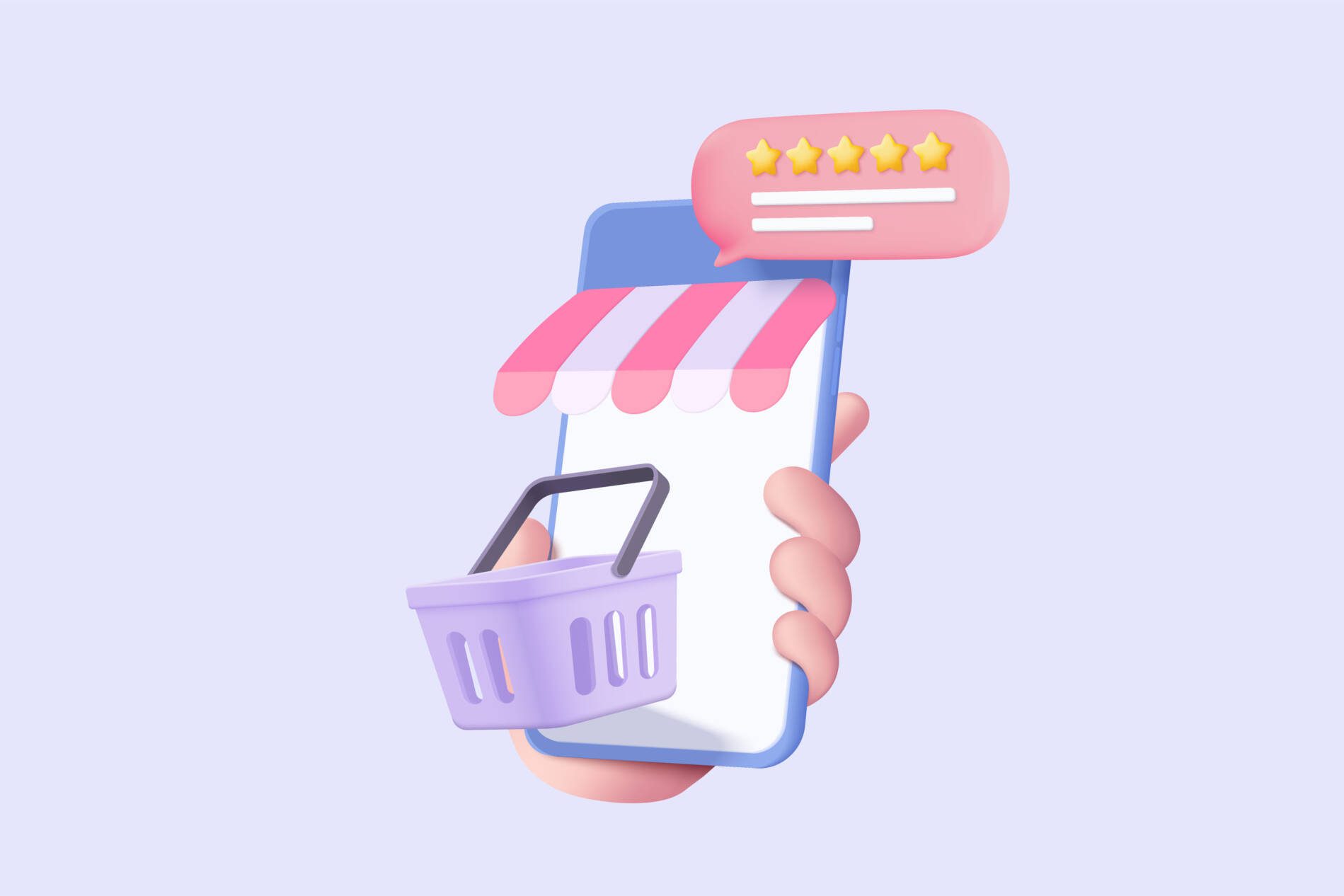
Homeware; Exploring the growing market…
Exploring B2C in Detail…
Compared to B2B, B2C is pretty easy to get a grasp on. The sale journey is much shorter. Transactions and sales are much simpler in B2C since you don’t need to consider things like profit margins with the retailer, or the cost involved to actually ship and sell your products in bulk with the retailer.
Integrations are much easier to set up and handle, and things such as negotiations are not required during the B2C process.
With that being said, B2C comes with its own set of challenges. Lets explore this below…

Homeware; Exploring the growing market…
An Overview of B2C Challenges…
If you just do B2B, your customer base is likely to be a lot smaller than a B2C customer base. So, when you have a vast B2C customer base, you will have a lot more addresses to ship to, compared to B2B.
Not only this, but having a vast B2C customer base means there are many different areas you need to take into consideration when it comes to customer appeal. The fulfilment side of B2C also has challenges too.
It can be quite costly to ship to a wide range of customers, regardless of whether or not you are shipping domestically or internationally (which is of course even more expensive!)
B2C companies tend to have more SKUs required for storage and distribution, as well as customer enquiries, returns, etc. So, while B2C is much simpler, it does hold its own challenges.
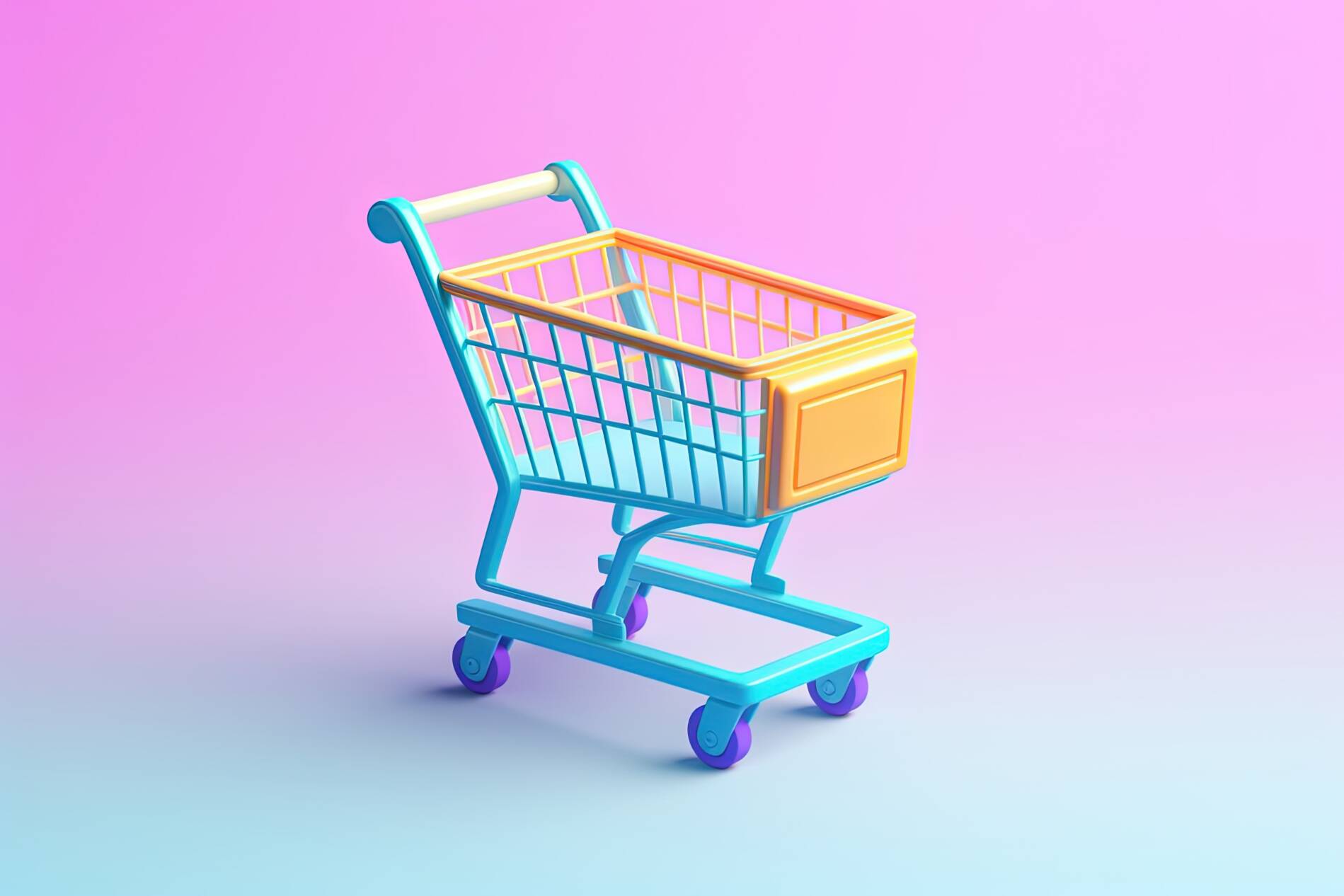
Homeware; Exploring the growing market…
The Different Types of B2B…
B2B is divided into 3 different types, already highlighting the complexity of B2B. However, that doesn’t mean its something to avoid because B2B offers an abundance of opportunity for eCommerce brands looking to enter the physical market while also benefiting from the online market. Lets explore the different types of B2B…

Homeware; Exploring the growing market…
Your Path to B2B Success…
Navigating the world of B2B commerce is easy once you understand your customers, how to expand your online presence, and how to make your overall customer experience smooth, easy, and unforgettable. Lets explore some things you can do to ensure your B2B journey is a successful one…

Your Path To B2B Success…
Tips for building a successful TikTok Shop…
Navigating the world of B2B commerce is easy once you understand your customers, how to expand your online presence, and how to make your overall customer experience smooth, easy, and unforgettable. Lets explore some things you can do to ensure your B2B journey is a successful one…

Homeware; Exploring the growing market…
Successful B2B and B2C Fulfilment with TSP…
Handling B2B and B2C fulfilment comes with their own set of challenges, but we’re here to help.
At TSP, we have over 20 years if experience in B2B and B2C fulfilment. We work with a variety of customers from a range of different sectors, all with a variety of needs and requirements that we are able to handle with ease.
For B2B fulfilment, we have already formed strong relationships with a number of retailers, allowing our customers to leverage and benefit from those relationships.
Explore our full range of fulfilment services below…
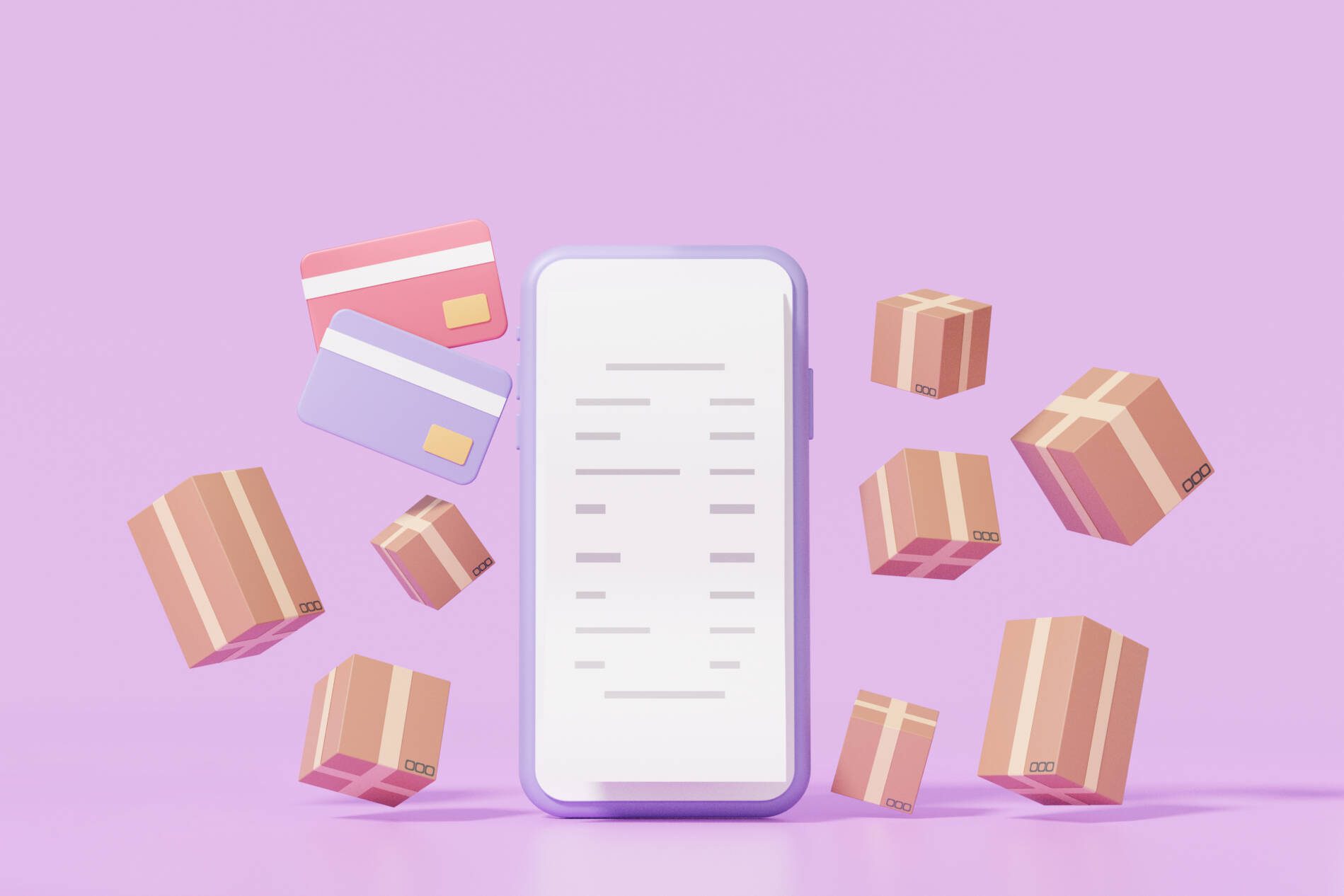

Succesful B2B and B2C Fulfilment with TSP…
Handling B2B and B2C fulfilment comes with their own set of challenges, but we’re here to help.
At TSP, we have over 20 years if experience in B2B and B2C fulfilment. We work with a variety of customers from a range of different sectors, all with a variety of needs and requirements that we are able to handle with ease.
For B2B fulfilment, we have already formed strong relationships with a number of retailers, allowing our customers to leverage and benefit from those relationships.
Explore our full range of fulfilment services below…
What is Kitting and Assembly?
Kitting and assembly is a fulfilment service that is offered by most 3PL companies. It is a process that involves compiling, or assembling different parts and components together to create one final product, bundle, or kit. It is worth noting that this then becomes one singular SKU rather than multiple.
Kitting and assembly gives you the chance to offer customised bundles, kits, and products, meaning that you can drive more sales through discounts, promotions, etc.

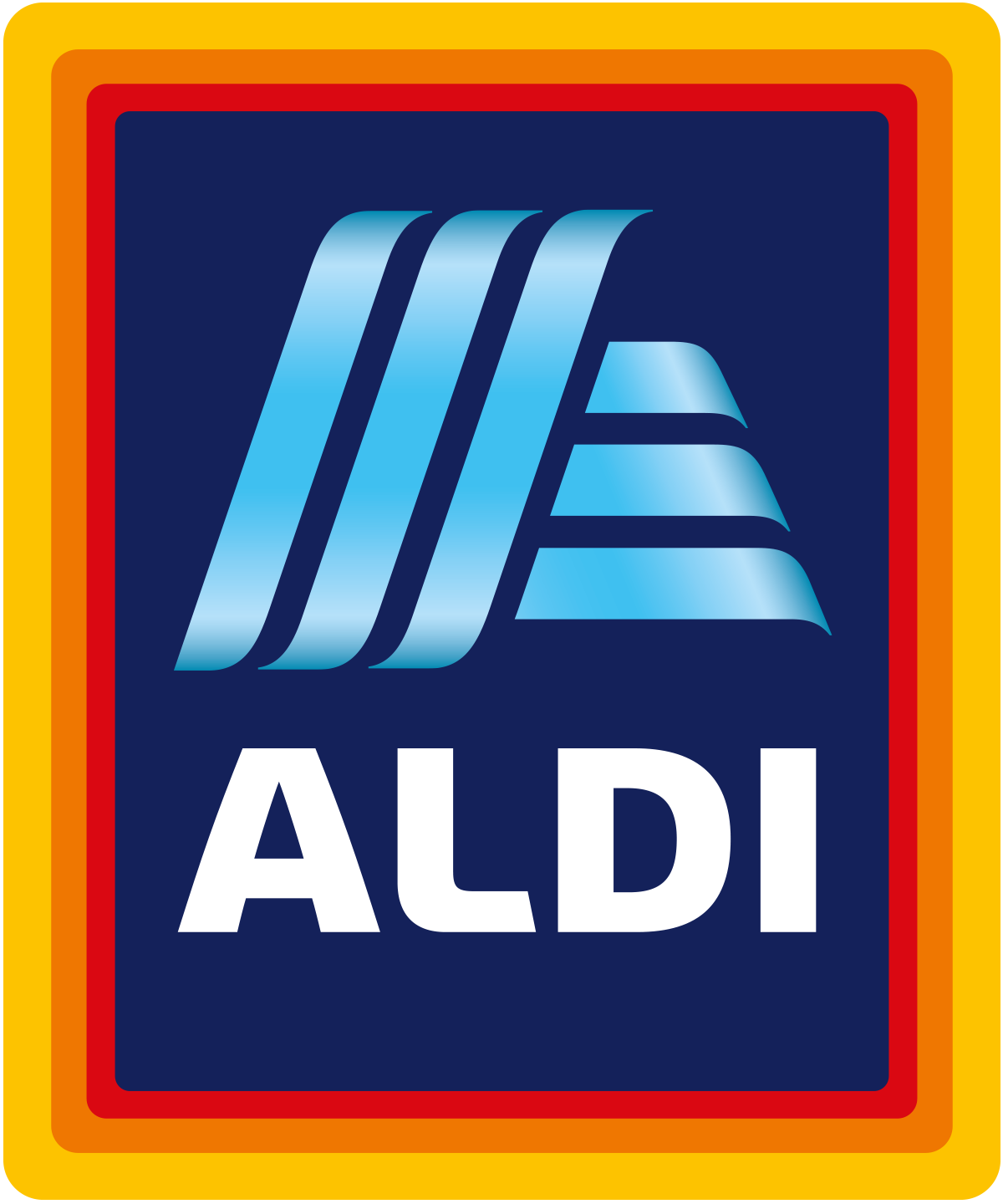
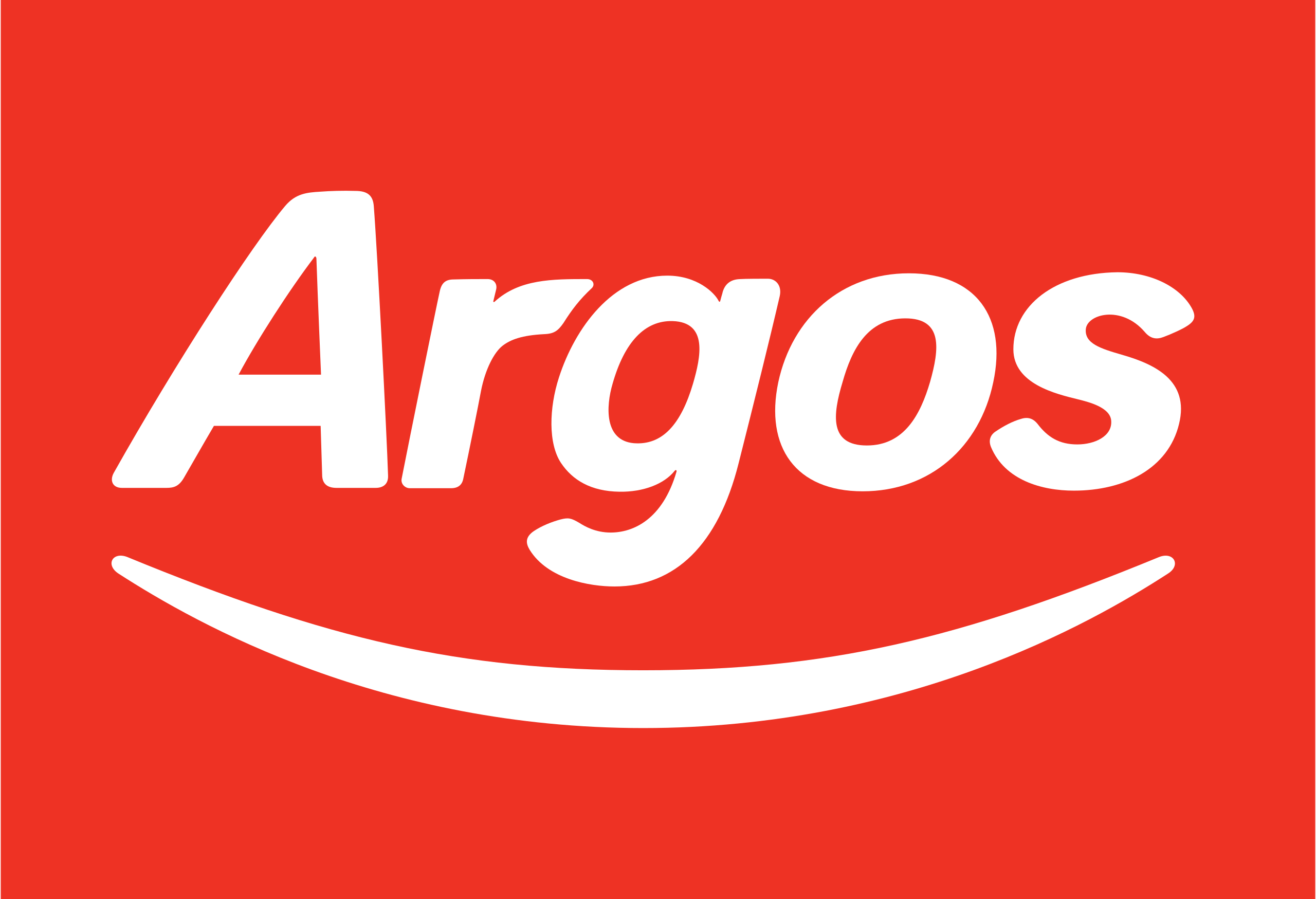


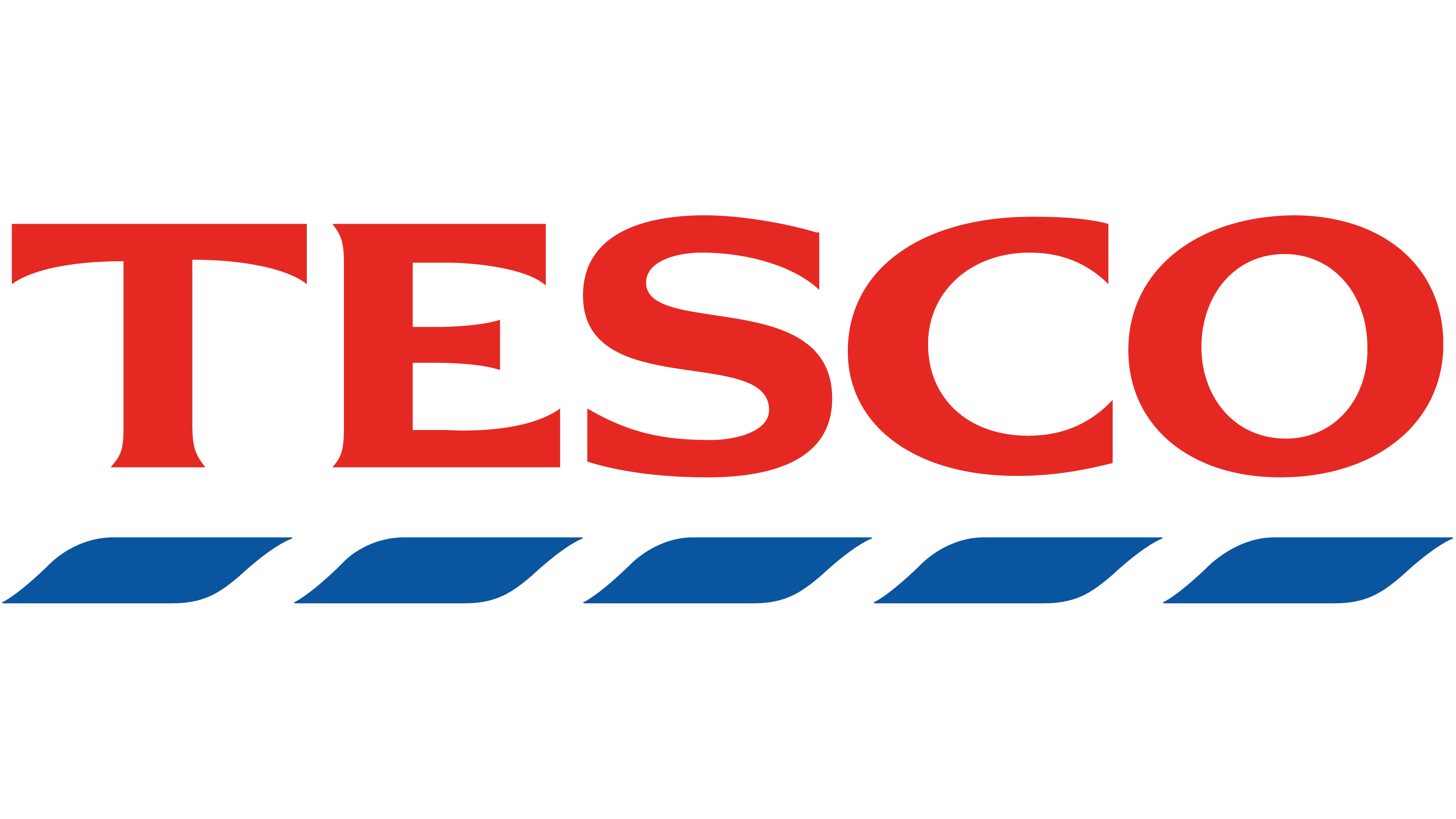
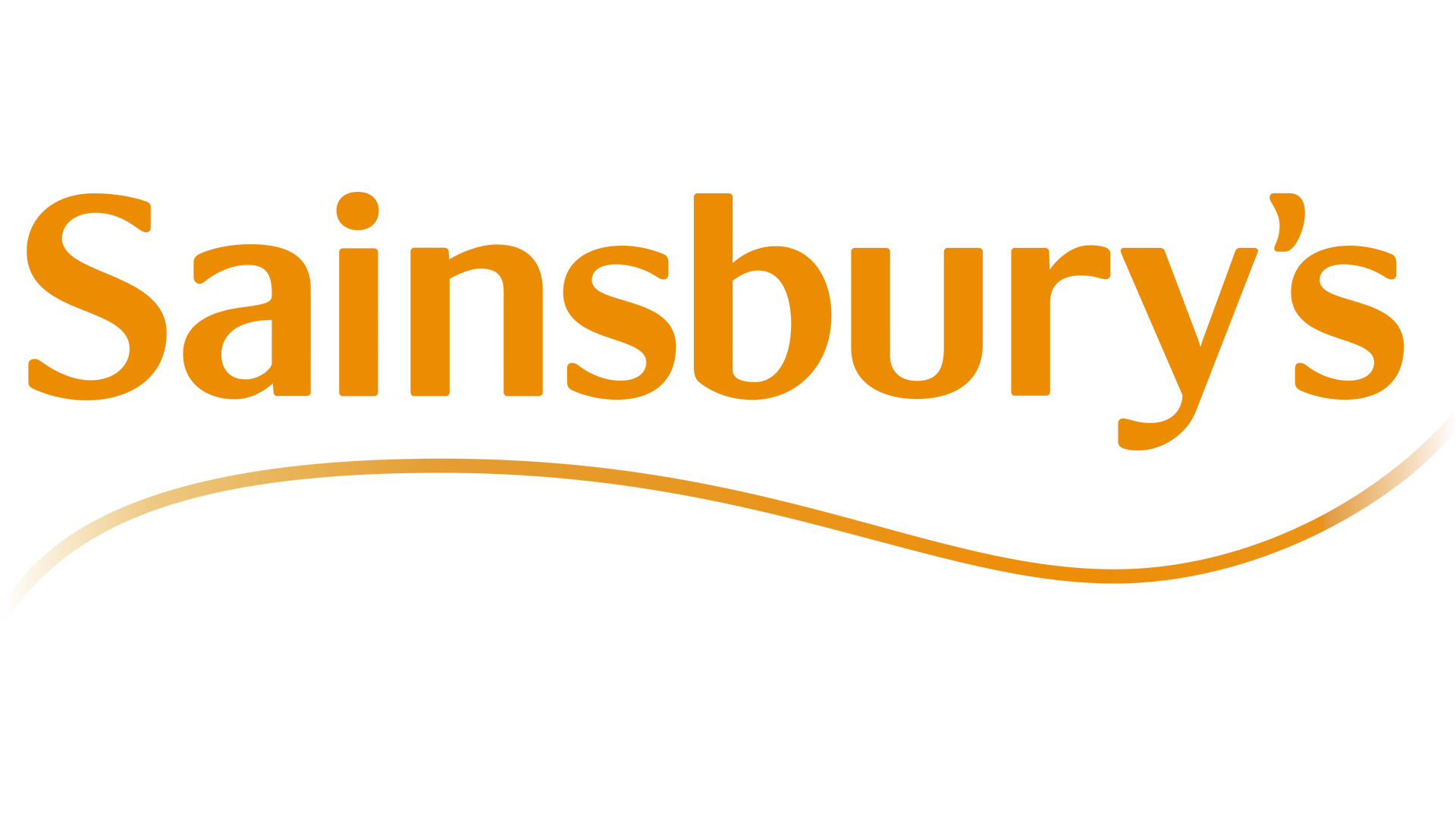
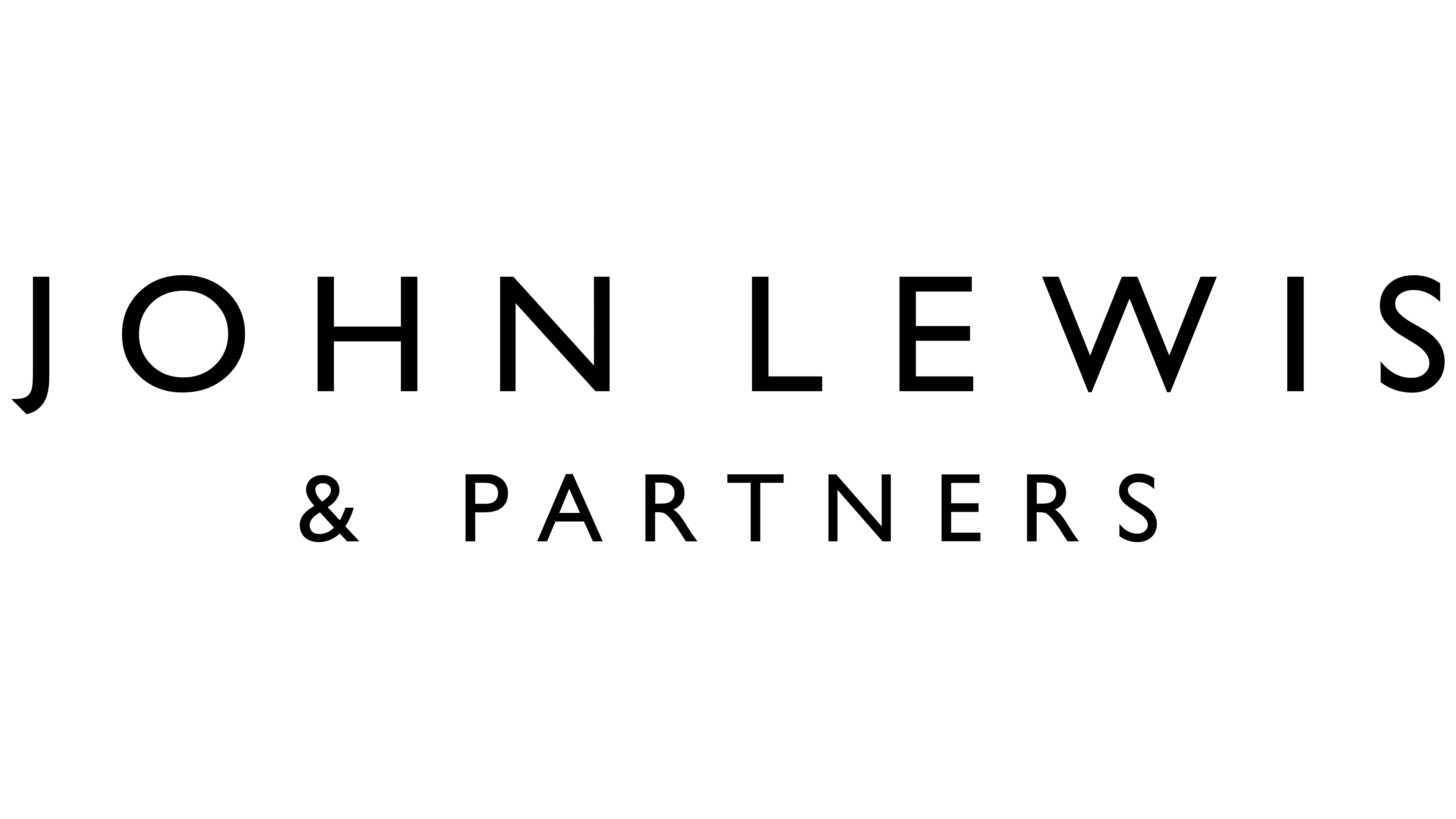


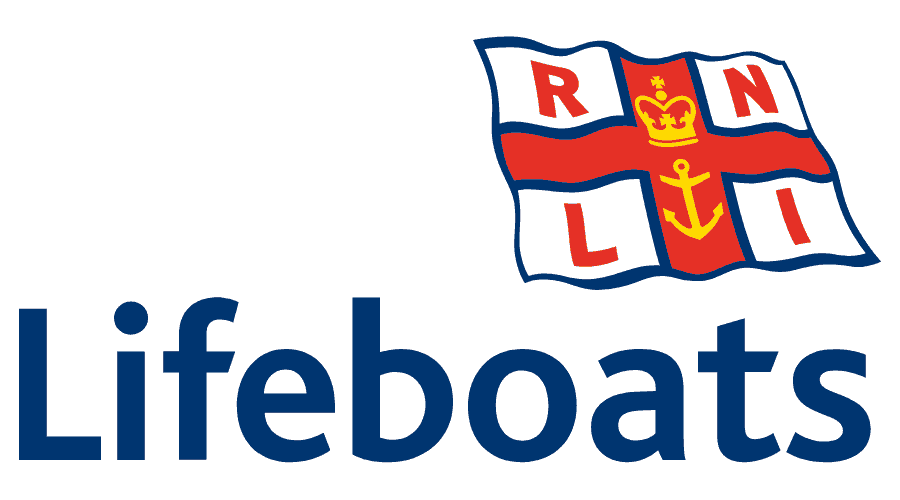
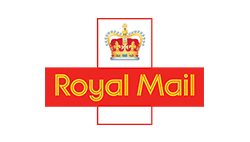

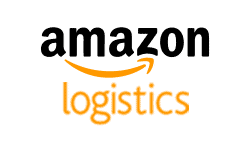
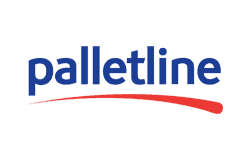















Collate your product details and connect your stores / market places
Link you into our preferred courier network
Take delivery of your stock, go live!
Collate your product details and connect your stores & marketplaces.
Link you into our preferred courier network.
Take delivery of your stock, go live!











